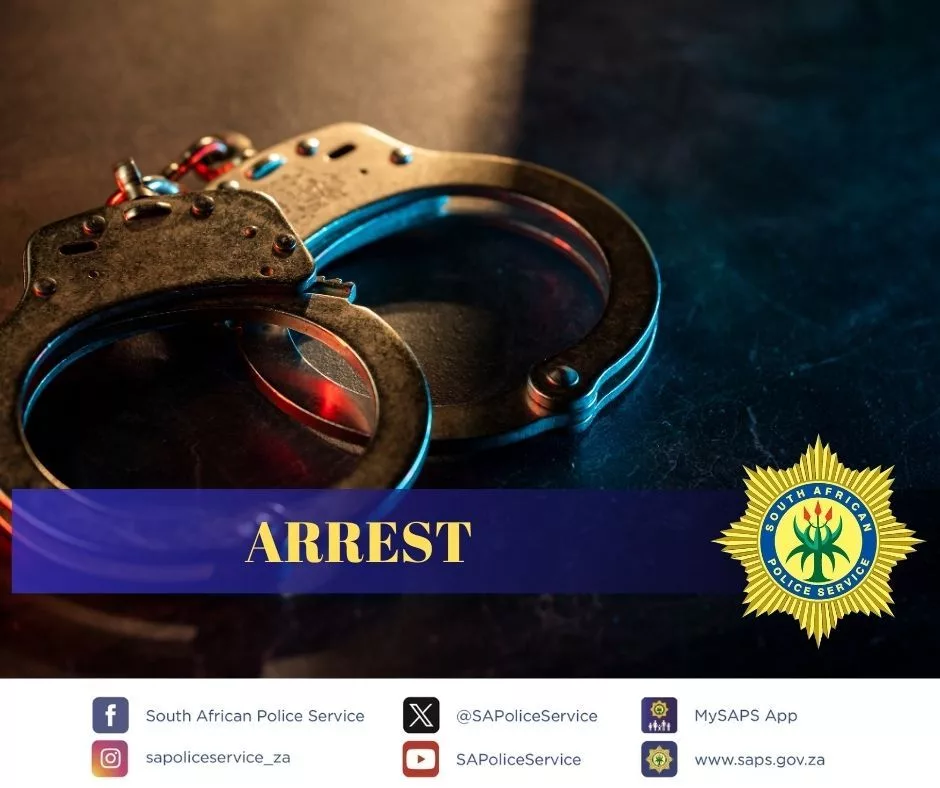The Electoral Commission held a media briefing for the Voter Registration Weekend and showed an exemplary display of transparency and inclusivity. They provided a virtual alternative for remote involvement, catered to press inquiries and interview requests, and expanded their reach through social media and their website. Their commitment to public service and accessibility was palpable, showcasing their dedication to fostering open dialogue and promoting democracy.
The Electoral Commission’s Media Briefing: Exemplary Transparency and Inclusivity
The Electoral Commission demonstrated transparency and inclusivity during a media briefing for the Voter Registration Weekend. The Commission provided a virtual alternative for remote involvement and catered to press inquiries and interview requests. They expanded their reach through social media and their website, showcasing their commitment to public service and accessibility.
The Commencement of the Voter Registration Weekend
In an era where knowledge equates to power, the Electoral Commission has made a commendable stride. On a chilly day in November, nestled in the hub of Centurion, a media briefing was conducted. This marked the inaugural day of an immensely significant event on South Africa’s democratic calendar: the Voter Registration Weekend. The Commission undertook the task of delivering an update about the day’s happenings with an applaudable level of openness and inclusiveness.
The briefing was orchestrated for November 18, 2023, at Election House, a dedicated facility situated within Riverside Office Park. Acknowledging the gravity of the event, the Commission had extended an invitation to media personnel to partake in the briefing, thereby reinforcing their commitment to fostering open dialogue. The event was meticulously timed, set to run from 12:00 to 13:00, a concise session aimed at providing a thorough overview of the day’s progression.
Ensuring Accessibility for All
In line with their dedication to transparency, the Electoral Commission thoughtfully furnished a virtual alternative for those unable to attend the briefing in person. A webinar link was disseminated, facilitating remote involvement and ensuring that the information was accessible to everyone interested.
The procedure for confirming participation was straightforward. Two contacts, Ms Hlengiwe Makhoba and Ms Khanyi Nkosi, were readily available for any pertinent communication. This approachable, open-door policy appeared to further emphasize the Commission’s commitment to accessibility and inclusivity.
Press inquiries and interview requests were also catered to. A designated contact person, Kate Bapela, was assigned to handle media inquiries, while interview requests could be directed via email to the Electoral Commission’s spokesperson. Such arrangements showcased the Commission’s grasp of the media’s role as an essential medium for information dispersion.
The Commission’s Commitment to Public Service and Accessibility
The Commission expanded their reach for information access and engagement through various social media platforms. With the Commission’s presence ranging from Facebook to Instagram to X (formerly known as Twitter), and even onto YouTube, information was merely a few clicks away for the engaged citizen.
The Commission’s dedication to public service and accessibility was palpable through the services they offered. The Commission’s website was a testament to its service-oriented approach, catering to residents, organizations, and foreign nationals, alongside a plethora of useful FAQs.
The Electoral Commission’s preparation for the Voter Registration Weekend was an extensive task, tackled with a strategic and systematic approach. The coverage included a diverse array of services, from birth to retirement, business registration and deregistration, taxation, intellectual property, and even services related to residency and driving for foreign nationals.
The Electoral Commission’s commitment to transparency, inclusiveness, and public service was laudable. In a world where information reigns supreme, the Commission not only acknowledged this but made the information accessible, approachable, and comprehensible to its constituents. The first day of the Voter Registration Weekend was not merely another day in South Africa’s democratic timeline, it was a testament to the Commission’s commitment to providing information and services in the most thorough and inclusive manner.
1. What was the purpose of the Electoral Commission’s media briefing?
The media briefing was held to provide an update on the Voter Registration Weekend.
2. How did the Electoral Commission ensure accessibility for all?
The Commission provided a virtual alternative for those unable to attend the briefing in person, and press inquiries and interview requests were also catered to.
3. What was the duration of the media briefing?
The media briefing was scheduled to run from 12:00 to 13:00.
4. How did the Electoral Commission expand their reach through social media and their website?
The Commission had a presence on various social media platforms, including Facebook, Instagram, and X (formerly known as Twitter), and even onto YouTube. Their website catered to residents, organizations, and foreign nationals, alongside a plethora of useful FAQs.
5. What services did the Electoral Commission offer for the Voter Registration Weekend?
The coverage included a diverse array of services, from birth to retirement, business registration and deregistration, taxation, intellectual property, and even services related to residency and driving for foreign nationals.
6. What was the Electoral Commission’s commitment during the Voter Registration Weekend?
The Electoral Commission’s commitment was to transparency, inclusiveness, and public service, providing information and services in the most thorough and inclusive manner.








